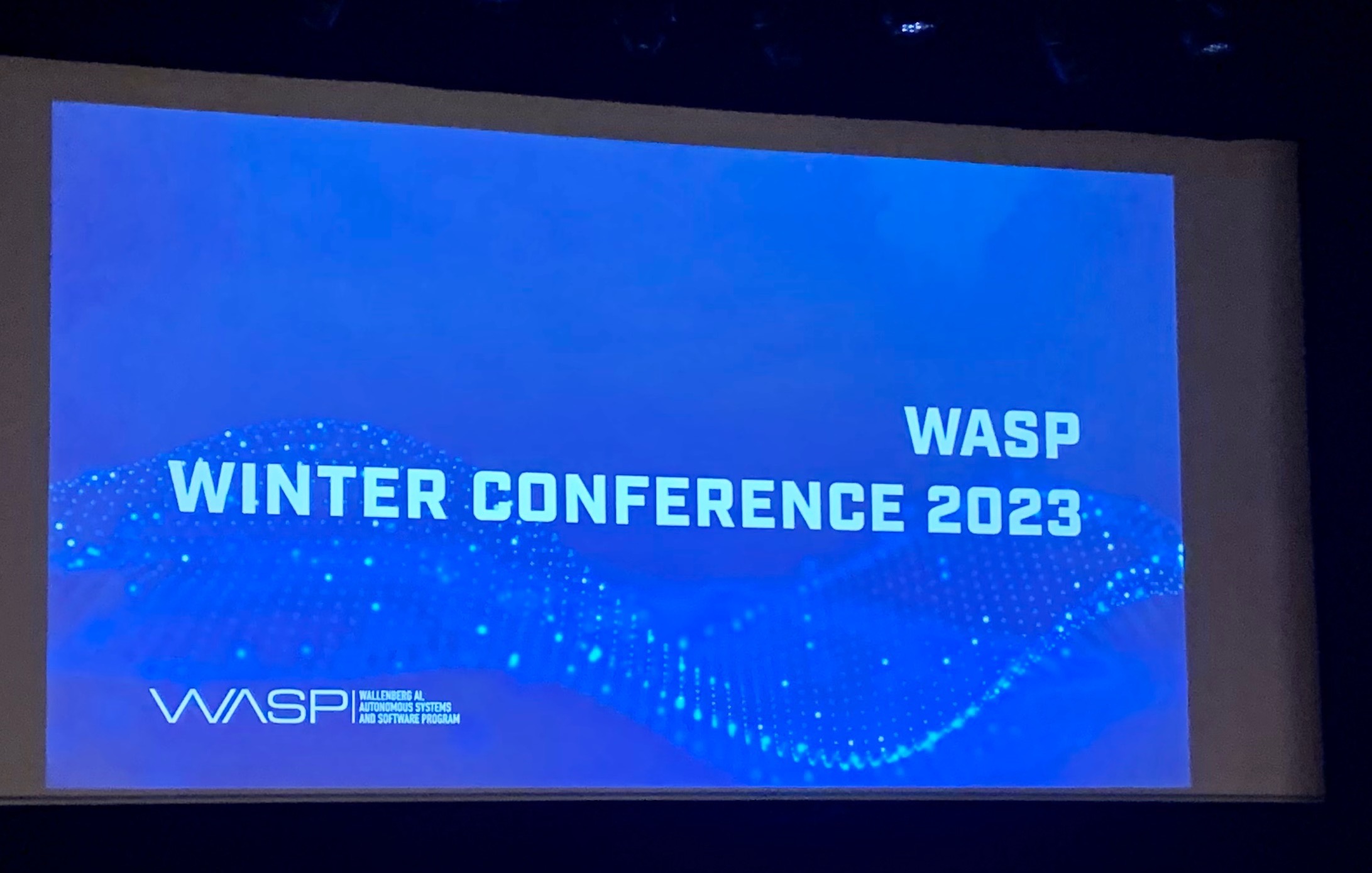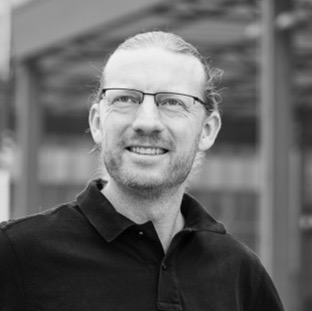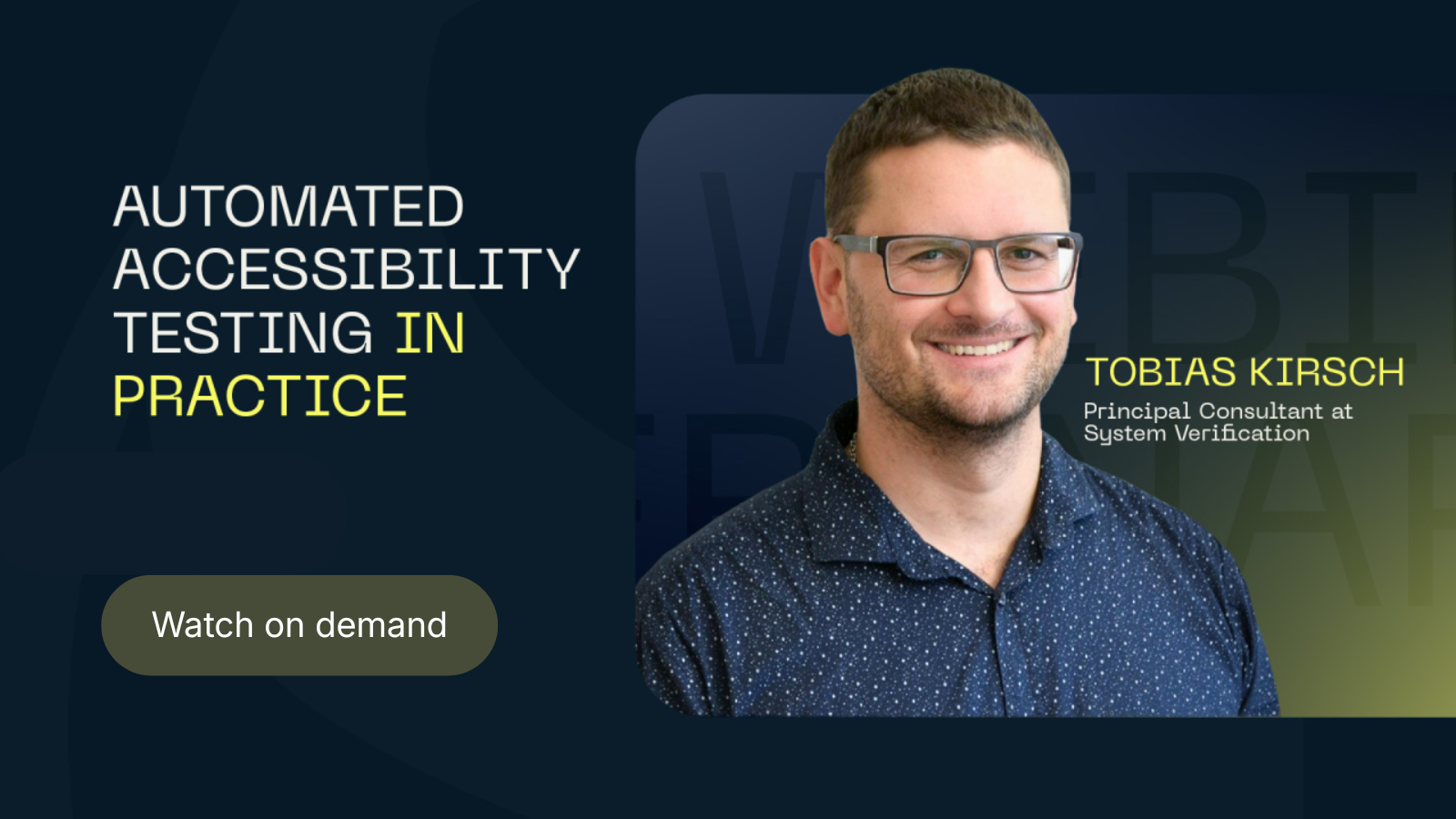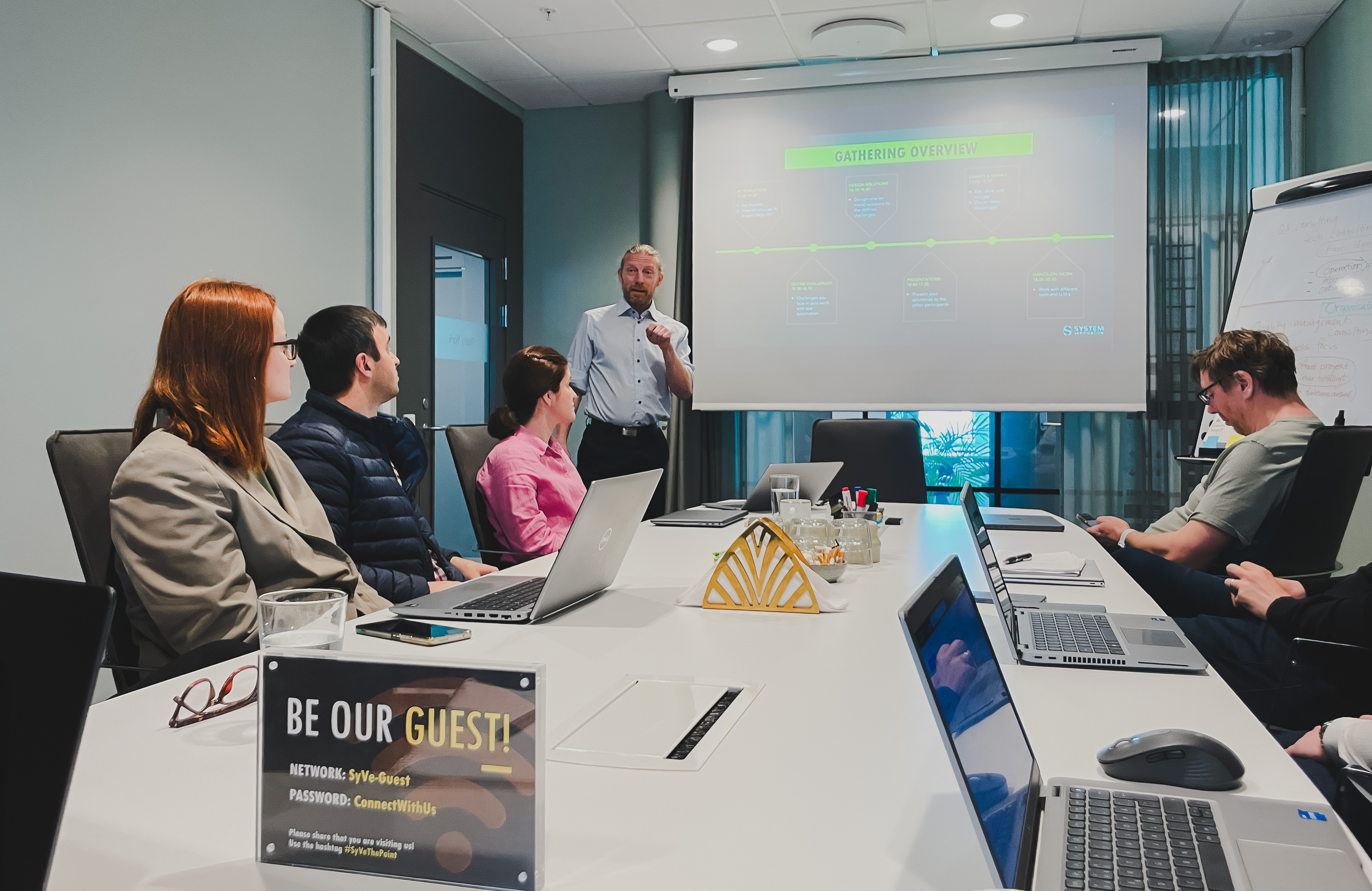
At System Verification we do that in different ways. One is to attend different conferences, seminars, and workshops but it could also be to have a colleague as a PhD student. In our case, Adha Hrusto is part of the WASP program, i.e. the largest research program in Sweden, focusing on the autonomous system, artificial intelligence, and software. Her research focuses on continuous system testing and monitoring of SoS (System of Systems) during operational execution, which will enable the prediction of unexpected system failures.
My part in this is being the industrial supervisor, which allows me to closely follow her progress. It also provides me with the opportunity to learn about what others in the WASP program are doing. The second week in January, I had the possibility to do so at the WASP Winter Conference in Norrköping. A large number of PhD students, professors, supervisors, and industrial affiliates gathered at the Louis De Geer conference center to listen to different presentations, attend poster sessions, and connect with people to discuss research. For example, it was very interesting to listen to the research that was done at Luleå University with different kinds of robots maneuvering in the mines to find their way through. It was also very interesting to listen to a presentation about diversity to accelerate innovation.
The most valuable part from my point of view was to meet with the PhD student and listen to their research and what they had achieved. There were three people that really caught my interest. The first one was working on automatically generating unit test scripts based on real usage, which could help teams to get up to speed more quickly with respect to, for example, regression testing. The second one was working on the simulation of human behaviour in different contexts and what happens if they start breaking the rules. The last person had just started his studies, but it sounded very interesting because he focused on reviews that for a long time have been seen as “old-school”. He wanted to investigate what factors made the reviews successful, which I still think is a relevant question even though reviews have a long history.
The next step is to see if we can implement some of this research in our toolbox to help our customers in different situations.
Dr. Magnus C Ohlsson
Test Evangelist
Quality Assurance Specialist


.jpeg)


